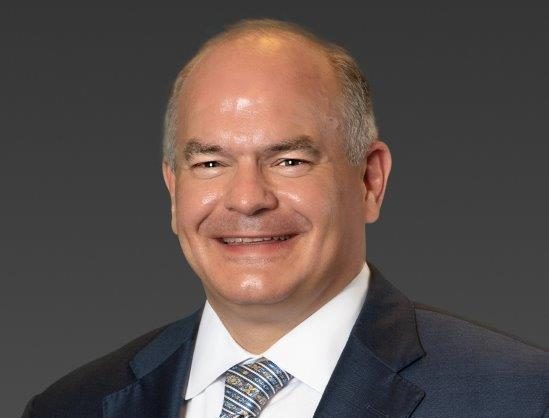Many people live in their most valuable asset, according to Bank of America. Here is how your home’s value could help you retire on your terms.
For those nearing retirement, few questions loom larger than whether to sell or keep the family home. Will you remain in a house full of memories, where you may have raised your kids and celebrated holidays? Or are you looking forward to setting up a home somewhere new? Beyond the emotional considerations, the choice has financial implications: The decision to move or stay put could mean either major costs — or significant savings.
More than half of all couples between the ages of 35 and 54 hold 51% or more of their net worth in home equity, according to the U.S. Census Bureau. “The equity you have built up could be one of your most valuable retirement assets,” says Debra Greenberg, director of Investment Solutions & Personal Retirement at Bank of America. “That is why it is essential to carefully think through the role it will play in your finances after you retire.” Here is how to factor your home’s value into your retirement planning.
The financial benefits of relocating. Selling your home may be the most direct way to unlock the equity in your house. It can also free you up to seek a new location with lower taxes and living costs. Downsizing may also mean lower maintenance costs and utility bills, which could help your income go further.
It is important to remember, though, that housing prices can dip, as we saw from 2007 to 2011. If you are nearing retirement and plan to move soon, it is a good idea to keep an eye on home sales in your area and maybe even hire someone to assess the likely value of your home.
When you do sell your home, “any profit could be invested to provide the potential for growth,” says Greenberg. While homes, like other assets, are subject to capital gains taxes when their value has appreciated at the time of their sale, those taxes generally do not apply to the first $250,000 of capital gains ($500,000 for a married couple) on your primary residence if you have lived in it for two of the past five years, according to IRS rules. Consult your tax advisor on how this might apply to your situation.
When you are ready to put the cash from the sale of your home to work, think carefully about your investment choices. Inflation has the potential for taking an ever-increasing bite out of your retirement income. One way to try to counteract that is to consider a diversified mix of investments that align with your risk tolerance, liquidity needs, time horizon and goals. But keep in mind that there is always the risk that the investments you choose could decrease in value.
Potential drawbacks. Moving can be expensive. Closing costs, broker fees and possible state and local taxes can eat into the money you get from selling your home. And packing up a lifetime of stuff can be stressful, requiring lots of time and plenty of physical labor.
The financial benefits of staying put. If you have paid off your mortgage (or are about to), one advantage of staying in your current home may be the significantly lower housing expenses. The savings could help free up cash for other expenses. Those might include preparing your home for a long retirement by making age-friendly improvements like installing more accessible kitchen cabinets or adding a first-floor bedroom or bathroom with a roll-in tub.
“Your home’s stored-up value also could help you meet your cash needs,” says Marie Imundo, director of Wealth Management Mortgage Strategy & Execution at Bank of America. “For example, a home equity line of credit (HELOC) could be there for you in case you face large-scale medical expenses, much-needed home repairs or another emergency.”
Weigh the choice to draw upon a HELOC carefully. Doing so will reduce your home equity, and the interest you pay on it will not be tax deductible unless you use the funds to substantially improve your home. And, if you lack the liquidity to make required monthly loan payments, drawing on your investment accounts could reduce their growth potential. Your financial advisor and tax advisor can help you determine whether a HELOC is right for you.
Potential drawbacks. Do not forget the work that goes into maintaining a home. Chores such as mowing the lawn, cleaning gutters and repainting, which may seem manageable today, could become difficult as you age. You might have to pay someone to do things you are currently doing yourself.
“As important as the financial considerations are, you will ultimately have to base your decision on whether to sell your home on your own personal goals, priorities and dreams. When all is said and done, if you base your decision on the things you hold most dear, wherever you end up will feel like home,” says Greenberg.
For more information, contact Merrill Lynch Wealth Management Financial Advisor Jeffery D. Price of Price & Associates at [email protected] or (817)-410-4940.
(Sponsored content)















 GIF.gif)



